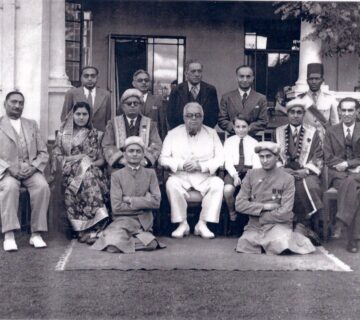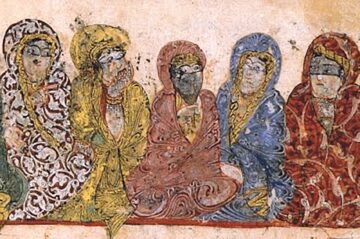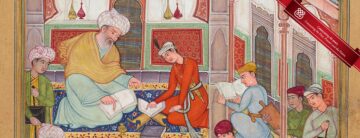Keywords Ibn al-Haytham, Alhazen, optics, ophthalmology, phenomenology, beauty, science, philosophy, metaphysics.
Abstract: Ibn al-Haytham (965-1039), also known as Alhazen, was an Arab philosopher, physicist and mathematician whose legacy in the West is mainly due to his work in the optics. However, Ibn al-Haytham’s contributions go far beyond his famous optical oeuvre, Kitab al-Manazir. In his lifetime of study, Ibn al-Haytham was able to articulate a relationship between the physical, observable world and the world of intuition, psychology and mental processes. His theories of knowledge and perception, which link the present-day domains of science and religion – resulted in a philosophy of existence based on the direct observation of the “real” as it presents itself to the seeing subject. Much of his thought in this field is still present in the discourse of twentieth-century philosophy and phenomenology.
Author

Dr Valérie Gonzalez
Valérie Gonzalez is Research Associate at SOAS, University of London. She is a specialist of Islamic art history, aesthetics and visual culture. She obtained a PhD in Islamic Studies, University of Provence Aix-Marseille, and a Master of Fine Arts, School of Fine Arts, Marseille-Luminy. Her research addresses fundamental conceptual issues and creative processes in the Islamic artistic practices past and present such as figurality, abstraction, pictorial metaphysics or the philosophy of ornament.
Her work relies on an interdisciplinary methodology ranging from art criticism and theory, aesthetic phenomenology and philosophy to linguistics.






